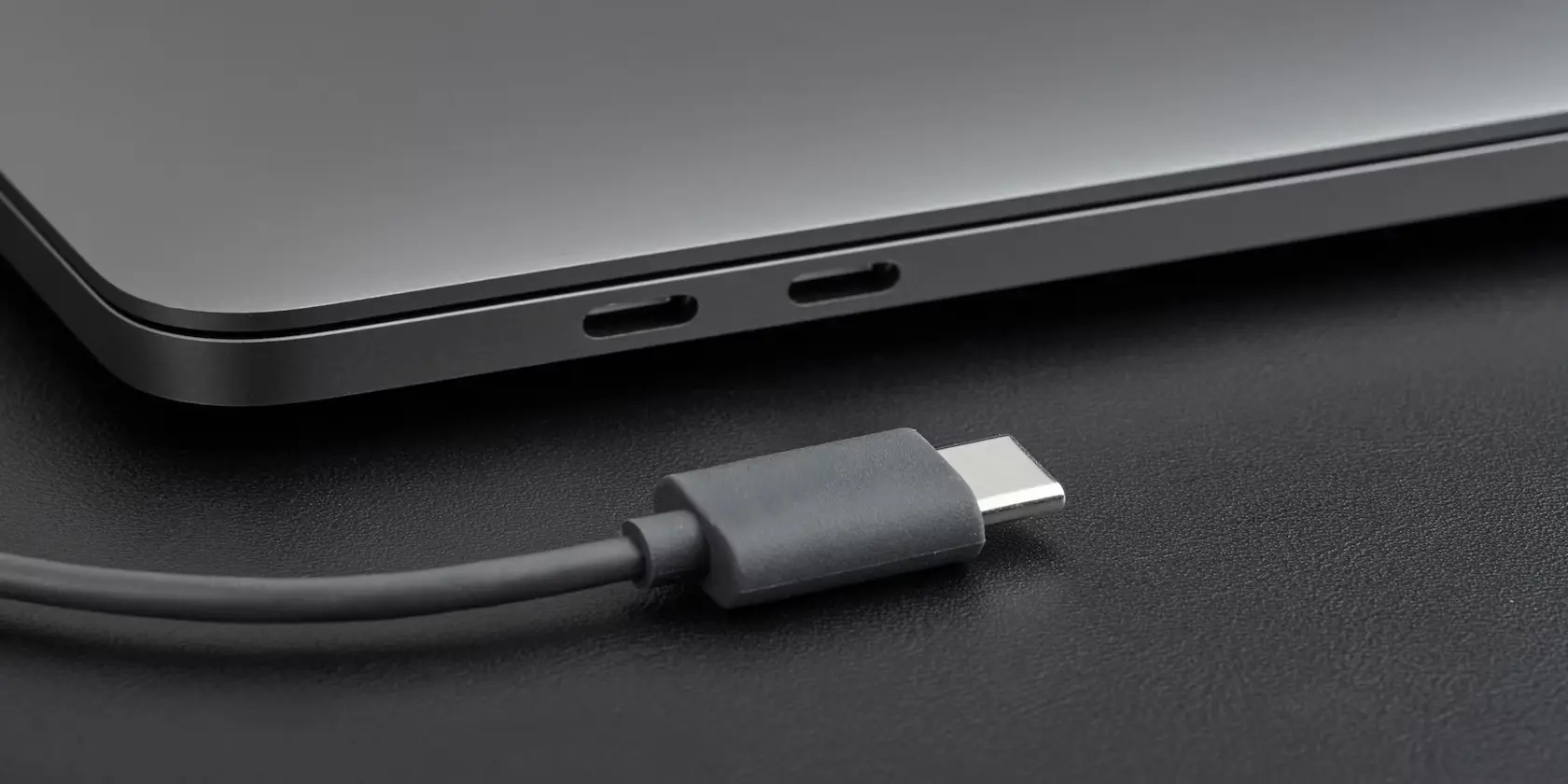
In a groundbreaking effort to combat the escalating crisis of electronic waste (e-waste), the European Council issued a directive in October 2022, instructing all European Union (EU) member states to implement legislation enforcing the use of a universal USB-C connector standard for smartphones, laptops, tablets, cameras, and other electronic devices within a two-year period. This historic decision follows over a decade of extensive discussions with stakeholders, underscoring the urgency to tackle the pressing issue of e-waste.
The problem of e-waste is a growing concern on a global scale, with Europe alone generating an estimated 11,000 tonnes of e-waste annually due to discarded chargers and cables. The introduction of a standardized USB-C connector across all electronic devices, regardless of brand, is anticipated to play a vital role in mitigating this concerning environmental issue.
The primary objective of this legislation is to decrease e-waste by promoting charger and cable interoperability, thus significantly reducing the necessity for new chargers with every device purchase. This move is expected to lead to substantial cost savings for both manufacturers and consumers while simultaneously simplifying the lives of consumers who will no longer have to grapple with a plethora of charging standards.
Initially, Apple, one of the industry's major players, opposed this transition, aiming to preserve its market dominance with its proprietary lightning charger introduced in 2012. However, recognizing its extensive market base within the EU and the urgent need to address the e-waste crisis, Apple made a noteworthy decision to transition to the USB-C standard well before the 2024 deadline. This proactive stance by the company sets a significant example for the industry and showcases its commitment to sustainable practices.
This shift not only signifies a critical stride towards environmental sustainability but also aligns with larger global efforts to standardize charging solutions. A uniform charging standard like USB-C not only reduces electronic waste but also simplifies the manufacturing process, making it more efficient and cost-effective. Additionally, it enhances user convenience by ensuring compatibility across a wide array of electronic devices, promoting a seamless and hassle-free user experience.
Furthermore, acknowledging the urgency of the e-waste challenge, India has followed suit, setting a deadline of March 2025 to transition to the USB-C standard charging port. Given India's substantial population and the rapid adoption of digital technologies, this move is poised to significantly curb e-waste generation associated with incompatible connectors.
In addition to the EU's progressive steps towards reducing e-waste through USB-C standardization, several other regions are showing keen interest and taking proactive measures to align with this sustainable initiative.
Across the globe, e-waste has become a significant environmental concern. With the increase in technological advancements, the lifespan of electronic devices is decreasing, leading to a surge in discarded gadgets and their components. In the United States, for instance, millions of tons of electronic waste are generated each year, making it imperative to address this issue urgently.
The EU's move to enforce the USB-C standard is being watched closely by many countries and regions, particularly for its potential positive impact on e-waste reduction and environmental sustainability. The switch to a universal charging standard is expected to streamline the management of electronic waste on a global scale, making it easier to recycle and repurpose electronic devices and their accessories.
Furthermore, the benefits of a standardized charging solution extend beyond the environmental realm. It's a win-win situation for both manufacturers and consumers. Manufacturers will experience cost efficiencies in production due to standardized components, and consumers will enjoy the ease of using a single charger for various devices, irrespective of brand.
Moreover, this move aligns with the circular economy principles, wherein products and materials are reused, repaired, and recycled to maximize their utility and minimize waste. By standardizing charging connectors, the EU and other regions adopting this approach are taking a step in the right direction toward a more sustainable and circular future.
As countries around the world witness the positive impacts of this initiative, it is expected that more regions will join the movement towards universal charging standards. The adoption of USB-C is a beacon of hope, demonstrating that collective action can indeed make a significant difference in combating the e-waste crisis and fostering a greener, more environmentally conscious world.
The EU's decision to standardize charging connectors through the adoption of the USB-C standard is a commendable and strategic move to address the burgeoning e-waste crisis. It exemplifies a harmonized approach toward sustainability and sets an industry-wide precedent, emphasizing the importance of collective action in combating e-waste and promoting a greener and more environmentally conscious future.
Your email address will not be published. Required fields are marked *
29 Jan, 2024
29 Jan, 2024
29 Jan, 2024
25 Jan, 2024